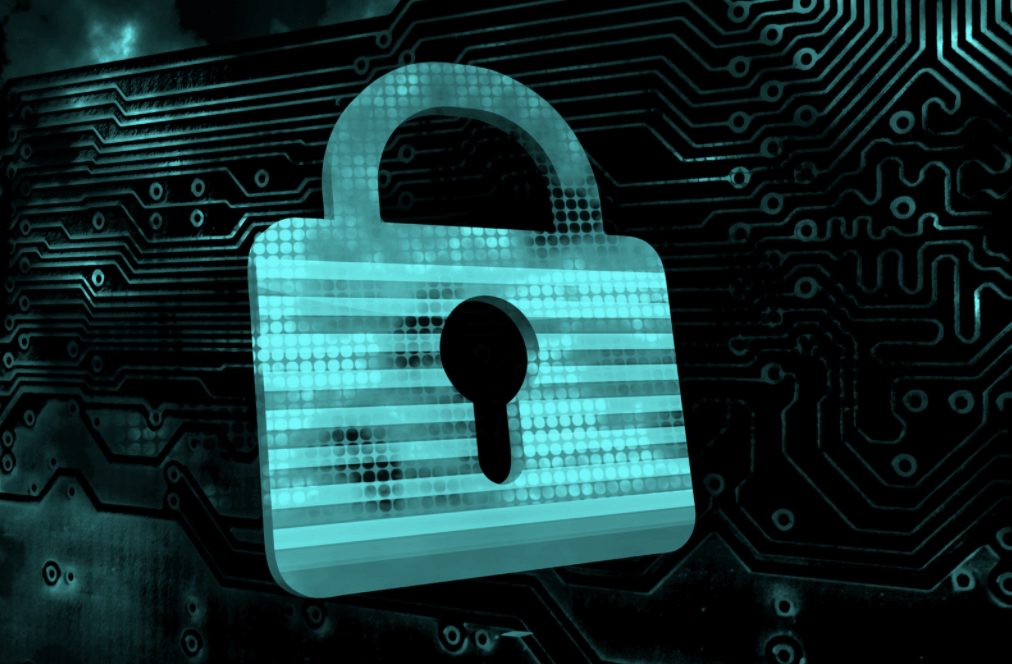After COVID-19, a significant shift towards digital mode was observed; the pandemic has accelerated the implementation of digital technologies. This shift created many conveniences for the people, but it has also attracted the attention of scammers. Financial sectors are at significant risk of fraud because scammers are more inclined toward it. Electronic ID check use is crucial in banks, insurance companies, and investment banks; otherwise, they face financial loss. The government also made implications for these financial institutes to follow anti-money laundering regulations. Customers prefer companies that keep their data safe and sound; businesses can rank by pleasant customer experience and build trust using e-check verification.
What is Electronic Identification?
What is Electronic identity verification? EIdv is the advanced form of identity verification in which clients’ authenticity and liveness are checked by using digital means. Increasing cyber scams has raised the importance of these solutions. Between 2021 and 2022, more than 16000 cybercrime cases were recorded, and 700 small businesses were affected. Public administration was highly involved in the industries, and the information sector ranked second in cybercrime.
Types of Electronic Identity Check
These solutions are similar for all businesses, but they sometimes change with the structure of the company, risk tolerance rate, and type of customers.
Legal Paper Verification
Customers are asked to take pictures of the document, scan them, and then upload them on the web. AI tool extracts the data from it, makes a template, and verifies it with the data previously recorded in the database.
Biometric Verification
In this verification check, customers take two or three snaps of themselves using smartphones and upload them on the web. The scanner then matches the client’s image with the image stored in the database.

Proof of Address
Clients must submit proof of their documents by uploading scanned copies of their residential address, bills, and bank statements.
Ongoing Monitoring
An electronic verification system monitors customers to ensure they do not get involved in fraudulent activity afterwards. Risk rate measurement is necessary for businesses, especially financial institutes. High-risk and low-risk customers are treated according to their risk rate; the company has to decide how much risk the company can bear. Ongoing monitoring reduces the business’s unexpected risk, as a company already has the client’s complete information. When businesses better know their customers, the risk associated with them decreases.
Benefits of Electronic Identification Verification
These solutions have gained popularity due to the following benefits they offer:
Reduce Cost
The verification system reduces many miscellaneous expenses of the businesses, preventing companies from all kinds of financial loss. If a business knows the updated address of the customer, then any wrong location delivery can be prevented. In this way, e-identity only allows verified and authentic customers to bypass the logarithm.
Fraud Prevention
The main benefit of the electronic identity check is that it prevents customers from all kinds of fraudulent activities. Multiple steps, such as fingerprint biometrics, face scanning, and liveness detection verify the customer. In this way, e-identity only allows verified and authentic customers to bypass the logarithm, which will keep the client’s account safe and secure.
Increase Customer Number
Companies can increase their target audience if they provide them with satisfactory services. The onboarding process can be streamlined, and updating customer data enables smooth communication between the client and the company. Satisfied customers recommend the businesses to their family and friends. Client retention rate increases when their data is secure and safe from fraudulent activity.
Instant Speed
These verification systems are rapid, as the whole function can be done with a single click. Manual checks were very time-consuming and hectic.
Prevent From Penalties
E-identity complies with businesses with the anti-money regulations and Know Your Customer. If the company does not follow the rules and regulations, they have to face heavy penalties. Brand image is affected when the company cannot secure customers’ data. Customers do not prefer businesses that do not keep their personal information safe. May you would like to check Details of the Wisconsin Volleyball Team Leaked Unedited.
Conclusion
Electronic ID checks provide services in many industries, especially in the health sector, financial institutes, and social media agencies. These solutions ensure data privacy, secured transactions, and safe bank accounts. Businesses can do hassle-free onboarding of their customers and employees; their data can be reserved for an extended period. Businesses rank them by satisfying their customers and prioritizing the privacy of the customers. These electronic ID checks prevent enterprises from fraud as they onboard only verified customers. These solutions prevent all kind of data breach and fradulent activities.


















